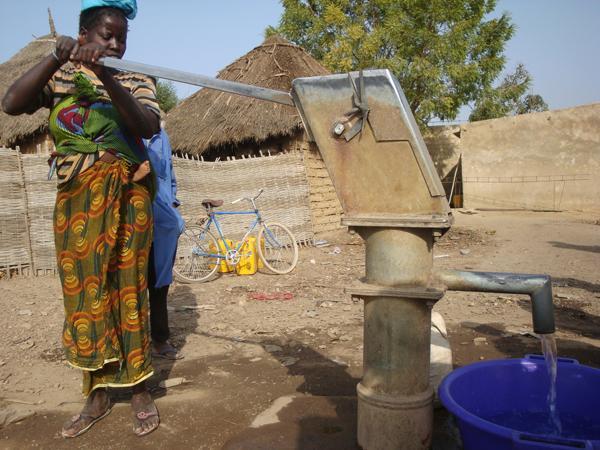
Humanitarian and Development
Place
Welazam, District of Maradi, Niger
Sponsor
Ide Koura
Grant
€16,000 to the Selection Committee at 2010/06/22
Project leader
RAIL-Niger
Deep in the Sahel, the village of Welazam is located in the district of Maradi, 15 km west of the town of Tessaoua, an urban commune of 64 villages. To supply the water needs of the population and its livestock, a well and a mini-water supply network with solar pumping were completed in 1996. But the photovoltaic panels are damaged and the well stopped functioning in 2008, leaving some 2500 inhabitants without drinking water. So once again, they have to fetch water 7 km away from their villages.
Making the infrastructures permanent by reinforcing local capacities
The Niger RAIL (Réseau d'Appui aux Initiatives Locales), founded in 1999 by former Niger nationals and employees of Association Française des Volontaires du Progress (French Association of Volunteers for Progress), has since become a reference player in the country, particularly in decentralized cooperation. This makes it an operator in programs of this type, associating the commune of Tessaoua with the town of Conflans Sainte-Honorine.
To rehabilitate the Welazam network, RAIL has enlisted other partners, including the local administrations in charge of water and community development. The project enjoys the support of the Veolia Foundation and advice provided by the sponsor, manager of the Tessaoua branch of SEEN (Société d'Exploitation des Eaux du Niger). As to the infrastructures, the defective pumping equipment is to be replaced, new photovoltaic panels installed, two of the five standpipes rehabilitated (the other three are fine) and the supply network extended by building another two standpipes.
But the project goes much further. To guarantee the permanence of these facilities, RAIL plans to create a paid water inspector job to manage the water point, track the necessary repairs, and secure the financial participation of the population.
Other actions will be conducted among the local population, to improve water management, develop the skills of pump repairmen, and intensify the awareness of hygiene in the village communities. A comprehensive project set up to guarantee a lasting and effective water supply.

